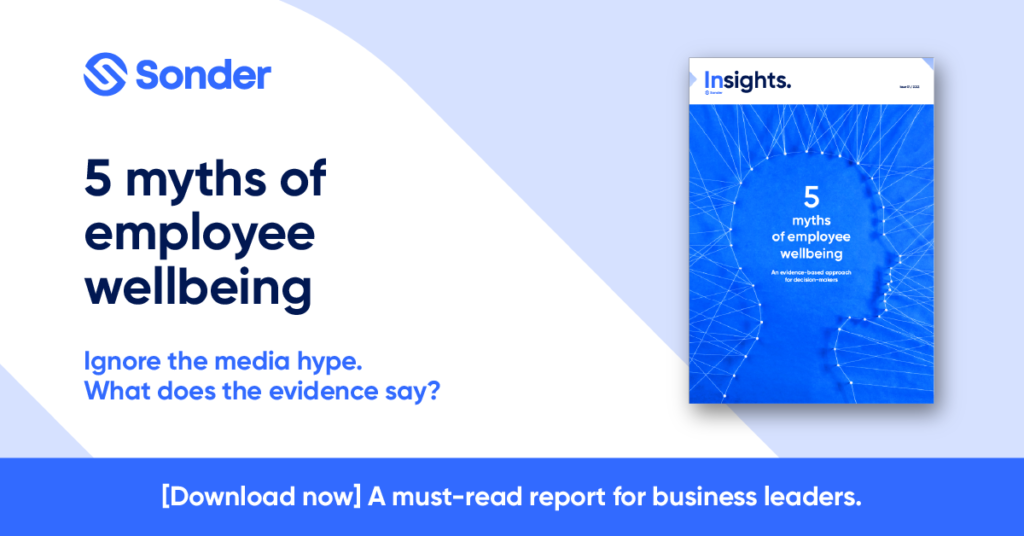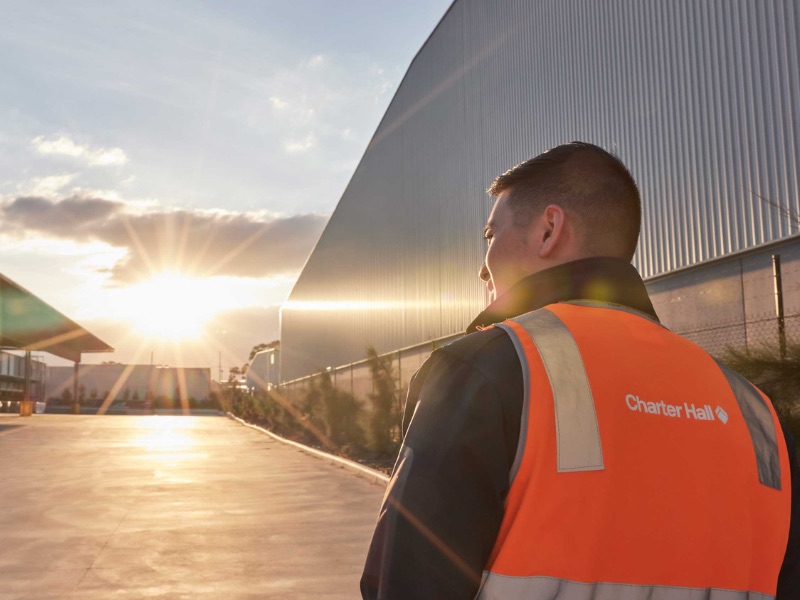Myth: employees need psychological debriefing after traumatic events

Insights.
For years, employee support programs have prescribed the urgent deployment of a psychologist or trauma counsellor to the scene of a critical incident or traumatic event. Subsequently, well-intentioned employers who are keen to exercise their duty of care, have traditionally agreed to pay exorbitant rates for a psychologist to be sent onsite to support their employees after traumatic events.
What the evidence says
Psychological debriefing may do more harm than good and most employees should not need immediate psychological support.
Psychological debriefing (including critical incident stress debriefing to reconstruct the traumatic event) is not the best clinical practice. The evidence has for some time suggested that, "psychological debriefing is ineffective and has adverse long-term effects. It is not an appropriate treatment for trauma victims."
This sentiment was echoed in the World Health Organisation (WHO) literature review (2012) which concluded that “psychological debriefing should not be used for people exposed recently to a traumatic event as an intervention to reduce the risk of post-traumatic stress, anxiety or depressive symptoms”.
Several studies also show that psychological debriefing can make symptoms worse:
- A study of police found that those who had psychological debriefing exhibited more hyperarousal at follow-up than those who did not receive a debriefing;
- A study of road accident victims discovered that the intervention group had a “significantly worse outcome” at the three-year mark, “in terms of general psychiatric symptoms (BSI)#, travel anxiety when being a passenger, pain, physical problems, [the] overall level of functioning, and financial problems”;
- A burn trauma victims study showed 26 per cent had post-traumatic stress disorder (PTSD) at follow-up, compared to 9 per cent of the control group; and
- The Cochrane Review of 11 clinical trials found no evidence that psychological debriefing reduced the severity of PTSD, depression, anxiety and general psychological morbidity, and “some suggestion that it may increase the risk of PTSD and depression”. They recommended that “compulsory debriefing of victims of trauma should cease”.
#Brief Symptom Inventory

The alternative: psychological first aid (PFA)
Psychological First Aid (PFA) is the modern approach to critical incidents and disasters. Its premise is that people are resilient and in most cases can recover naturally from trauma.
PFA is a “humane, supportive response to a fellow human being who is suffering and who may need support”, says the WHO. This involves helping people feel safe, connected to others, calm and hopeful, and ensuring access to physical, emotional and social support. It aims to reduce initial distress, meet current needs, promote flexible coping and encourage adjustment - and it can be delivered by managers and colleagues.
“Most people recover naturally from trauma, without the need for formal mental health intervention. For individuals who might benefit from trauma support, this is best provided in a style, on a timeframe, and by a practitioner who best suits the needs of that individual,” says Sonder’s Dr Phillips.
Five principles of PFA

Next steps
We encourage business leaders to rethink any existing practices that might be harmful to their people. Given the evidence against psychological debriefing, we hope that any organisations still utilising this outdated practice will review their current arrangements in order to improve the long-term wellbeing of their team members.
Download our report
This post is an excerpt from our evidence-based report: 5 myths of employee wellbeing. To learn the other four myths in our report, please click here.
For more information about how Sonder can help you rethink your workplace support, we invite you to contact us here.
About Sonder
Sonder is an Active Care technology company that helps organisations improve the wellbeing of their people so they perform at their best. Our mobile app provides immediate, 24/7 support from a team of safety, medical, and mental health professionals - plus onsite help for time-sensitive scenarios. Accredited by the Australian Council on Healthcare Standards (ACHS), our platform gives leaders the insights they need to act on tomorrow's wellbeing challenges today.
Related posts
There's so much more to share
Sonder is reimagining health, safety and wellbeing support. Sonder proves human centric care leads to earlier intervention. Sonder impacts one person at a time to drive meaningful change across an organisation. Sonder understands people and how to support them.







